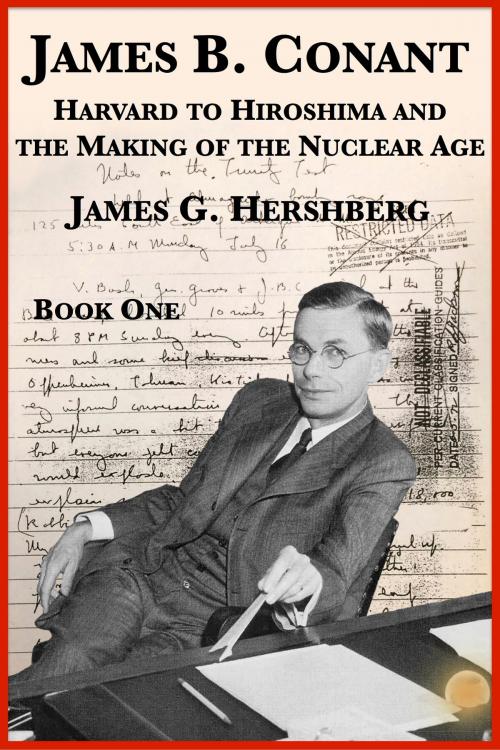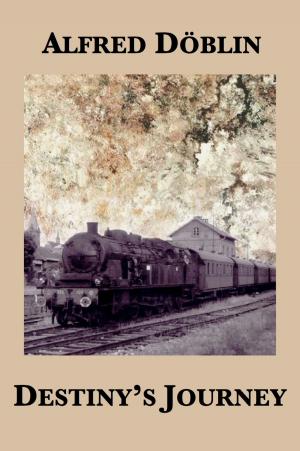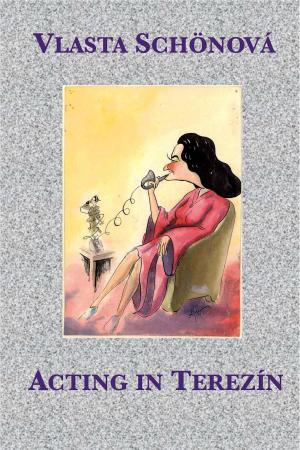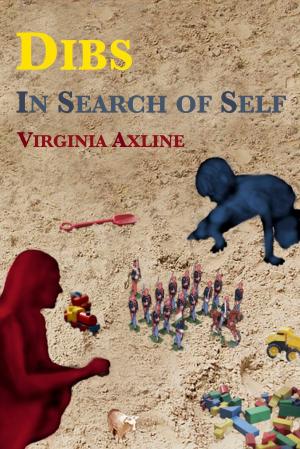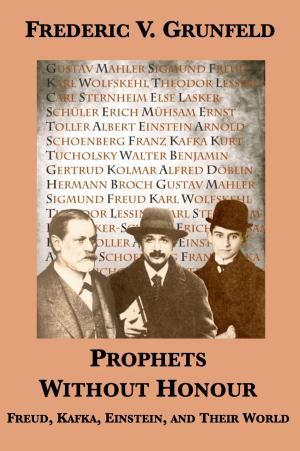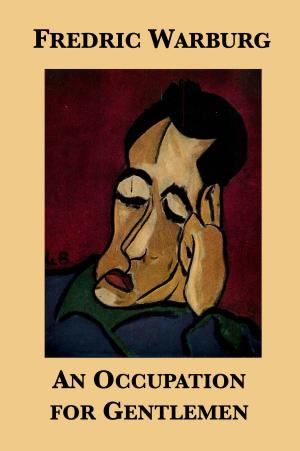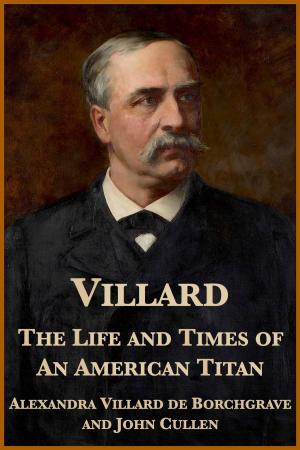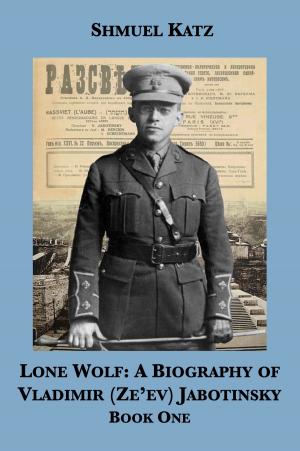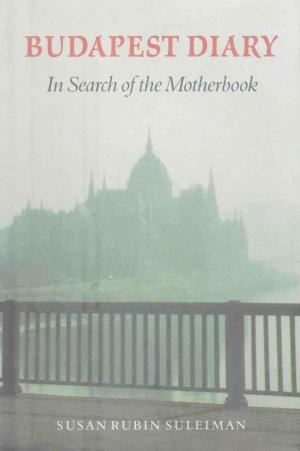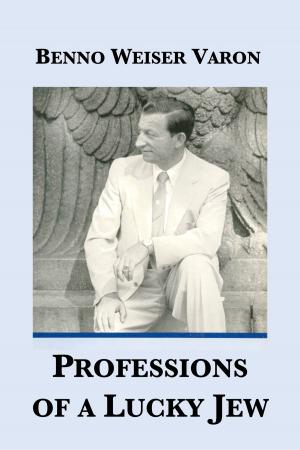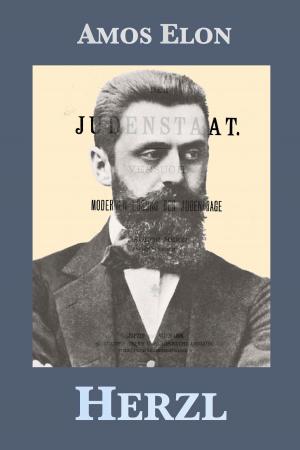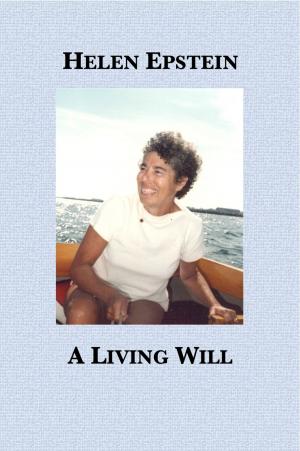James B. Conant: Harvard to Hiroshima and the Making of the Nuclear Age (Book One)
Nonfiction, History, Military, World War II, Biography & Memoir, Political| Author: | James G. Hershberg | ISBN: | 1230002281995 |
| Publisher: | Plunkett Lake Press | Publication: | April 19, 2018 |
| Imprint: | Language: | English |
| Author: | James G. Hershberg |
| ISBN: | 1230002281995 |
| Publisher: | Plunkett Lake Press |
| Publication: | April 19, 2018 |
| Imprint: | |
| Language: | English |
James B. Conant (1893-1978) was one of the titans of mid-20th-century American history, attaining prominence and power in multiple fields. Usually remembered as an educational leader, he was president of Harvard University for two tumultuous decades, from the Depression to World War II to the Cold War and McCarthyism. To take that job he gave up a scientific career as one of the country’s top chemists, and he left it twenty years later to become Eisenhower’s top diplomat in postwar Germany.
Hershberg’s prize-winning study, however, examines a critical aspect of Conant’s life that was long obscured by government secrecy: his pivotal role in the birth of the nuclear age. During World War II, as an advisor to Roosevelt and then Truman (on the elite “Interim Committee” that considered how to employ the bomb against Japan), Conant was intimately involved in the decisions to build and use the atomic bomb. During and after the Manhattan Project, he also led efforts to prevent a postwar nuclear arms race between the United States and the Soviet Union that, he feared, threatened the survival of civilization — an apocalyptic prospect he glimpsed in the first instant of the new age, when he witnessed the first test of the new weapon at Alamogordo on July 16, 1945.
“... a vivid inquiry... a model of historiography; evocative reading...[Conant was] central to atomic policy and progress; the bomb would be as much Conant’s as it was anyone’s in Government. His inner response to that burden responsibility has long been obscured, but it is illumined here.” — The New York Times Book Review
“In his splendid portrait of Conant, James Hershberg has illuminated the life of a pivotal figure in the making of U.S. nuclear, scientific, educational and foreign policy for almost a half-century. But the book is much more: It is not only an insightful narration of Conant’s life; it is also a brilliant and important account of the making of the nuclear age, a chronicle that contains much that is new... Hershberg’s superb study... is a chronicle of Conant’s moral journey and we are the wiser for his having charted Conant’s path.” — Washington Post Book World
“James G. Hershberg ably comes to grips with Conant and his hazardous times... His book is vibrantly written and compelling, and it breaches Conant’s shield of public discretion in masterly fashion, making extensive use of unpublished interviews, diaries, reports, and correspondence pried from private and governmental repositories. It is a huge, ambitious work — a history of the Cold War as Conant encountered it as well as a study of the man.” — The New Yorker
“... a well-written, comprehensive, nonjudgmental but sensitive biography... Conant was involved in so many and such critical events that students of almost any aspect of our public life over the past half-century will find useful the new material and helpful insights in this book... This fine biography of one of the most important and complicated of America’s twentieth-century leaders immediately establishes James Hershberg as one of America’s outstanding young historians.” — Foreign Affairs
“... magnificent... Any reader interested in nuclear weapons, Cold War history or American politics from FDR to JFK will find this biography riveting.” — Chicago Tribune
“... riveting... an impressive achievement... honest and comprehensive in its scholarship, the author has shown himself to be a historian of notable achievement and promise.” — McGeorge Bundy, Nature
“... entertaining... thought-provocative.” — The Wall Street Journal
“... engrossing... A magisterial study of an awesome and intriguing public career.” — Kirkus Reviews
“Hershberg’s outstanding, balanced biography lifts the self-imposed secrecy surrounding a key architect of U.S. Cold War policy and of the nuclear age.” — Publisher’s Weekly
James B. Conant (1893-1978) was one of the titans of mid-20th-century American history, attaining prominence and power in multiple fields. Usually remembered as an educational leader, he was president of Harvard University for two tumultuous decades, from the Depression to World War II to the Cold War and McCarthyism. To take that job he gave up a scientific career as one of the country’s top chemists, and he left it twenty years later to become Eisenhower’s top diplomat in postwar Germany.
Hershberg’s prize-winning study, however, examines a critical aspect of Conant’s life that was long obscured by government secrecy: his pivotal role in the birth of the nuclear age. During World War II, as an advisor to Roosevelt and then Truman (on the elite “Interim Committee” that considered how to employ the bomb against Japan), Conant was intimately involved in the decisions to build and use the atomic bomb. During and after the Manhattan Project, he also led efforts to prevent a postwar nuclear arms race between the United States and the Soviet Union that, he feared, threatened the survival of civilization — an apocalyptic prospect he glimpsed in the first instant of the new age, when he witnessed the first test of the new weapon at Alamogordo on July 16, 1945.
“... a vivid inquiry... a model of historiography; evocative reading...[Conant was] central to atomic policy and progress; the bomb would be as much Conant’s as it was anyone’s in Government. His inner response to that burden responsibility has long been obscured, but it is illumined here.” — The New York Times Book Review
“In his splendid portrait of Conant, James Hershberg has illuminated the life of a pivotal figure in the making of U.S. nuclear, scientific, educational and foreign policy for almost a half-century. But the book is much more: It is not only an insightful narration of Conant’s life; it is also a brilliant and important account of the making of the nuclear age, a chronicle that contains much that is new... Hershberg’s superb study... is a chronicle of Conant’s moral journey and we are the wiser for his having charted Conant’s path.” — Washington Post Book World
“James G. Hershberg ably comes to grips with Conant and his hazardous times... His book is vibrantly written and compelling, and it breaches Conant’s shield of public discretion in masterly fashion, making extensive use of unpublished interviews, diaries, reports, and correspondence pried from private and governmental repositories. It is a huge, ambitious work — a history of the Cold War as Conant encountered it as well as a study of the man.” — The New Yorker
“... a well-written, comprehensive, nonjudgmental but sensitive biography... Conant was involved in so many and such critical events that students of almost any aspect of our public life over the past half-century will find useful the new material and helpful insights in this book... This fine biography of one of the most important and complicated of America’s twentieth-century leaders immediately establishes James Hershberg as one of America’s outstanding young historians.” — Foreign Affairs
“... magnificent... Any reader interested in nuclear weapons, Cold War history or American politics from FDR to JFK will find this biography riveting.” — Chicago Tribune
“... riveting... an impressive achievement... honest and comprehensive in its scholarship, the author has shown himself to be a historian of notable achievement and promise.” — McGeorge Bundy, Nature
“... entertaining... thought-provocative.” — The Wall Street Journal
“... engrossing... A magisterial study of an awesome and intriguing public career.” — Kirkus Reviews
“Hershberg’s outstanding, balanced biography lifts the self-imposed secrecy surrounding a key architect of U.S. Cold War policy and of the nuclear age.” — Publisher’s Weekly
